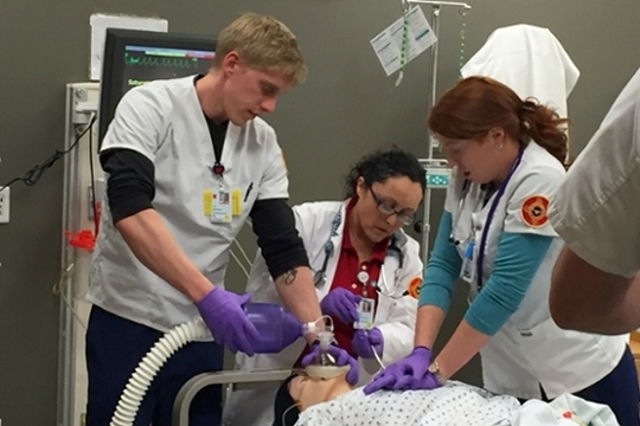
Nursing ETDs
Publication Date
Fall 12-10-2021
Abstract
This qualitative study examined practice development among experienced, acute care nurses (n = 9) with at least 10 years of experience. Using an interpretive biographical approach, with participants’ written practice narratives and in-depth interviews, the study focused on how the work environment and life experiences influenced or impeded practice development. Participants were classified as routine- or adaptive experts (n = 3 of each type) with one intermediate case and two not readily classifiable. Antecedents to becoming a nurse included family influences, personal interests, altruistic values, and financial need. Experience was necessary but not sufficient for adaptive expertise. Compared with routine experts, adaptive experts were influenced to become nurses more strongly by altruism than financial need. Facilitating influences that promoted developing adaptive expertise included motivation, life-long learning, social support, critical reflection, and moral agency. Adaptive experts reframed personal and professional impediments as challenges or opportunities for growth.
Degree Name
Nursing
Level of Degree
Doctoral
Department Name
College of Nursing
First Committee Member (Chair)
Mark B Parshall, PhD, RN, FAAN
Second Committee Member
Stephen H. A. Hernandez, PhD, RN
Third Committee Member
Robin Meize-Grochowski, PhD, RN
Fourth Committee Member
Maria Mylopoulos, PhD
Keywords
Nurse experts, nursing expertise, adaptive expertise, nursing practice development, experienced nurses
Language
English
Document Type
Dissertation
Recommended Citation
Mulcahy, Dee. "Practice Development Trajectories of Experienced Nurses: Adaptive Experts, Routine Experts, and Non-Experts." (2021). https://digitalrepository.unm.edu/nurs_etds/63
